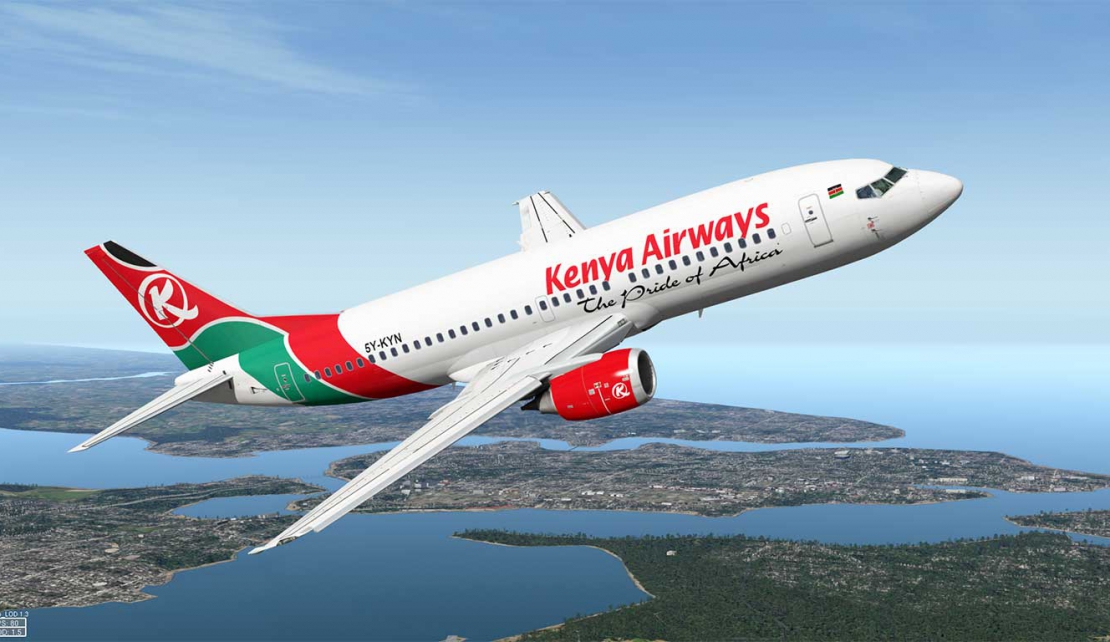The August House is set to discuss the Legal Frameworks (due dilligence) to be applied in the Nationalization of Kenya Airways next week when they resume Sitting. This could shake the Stakes of Key Share Holders.
The parliamentary Transport Committee has come up with the National Aviation Management Bill 2020, which seeks to guide the implementation of its earlier report that recommended a state takeover of the national carrier. The Cabinet has approved the bill, which is now at the State Law Office for refinement before being brought to Parliament.
In their report adopted by the House last year, the committee recommended tax exemptions for the National Aviation Company as a way of saving the dwindling fortunes of the national carrier. Nationalisation of key entities has been tested, tried and found wanting. This will, however, not deter the government from taking over Kenya Airways (KQ), whose re-nationalisation is almost a done deal.
Nationalising the national carrier is part of a proposal to remodel the aviation industry as the State tries to make the airline and the entire aviation sector competitive after a major beating from Ethiopia. Other than the government taking over the airline, it will also take away Jomo Kenyatta International Airport (JKIA) from Kenya Airports Authority (KAA), making the airport a standalone firm.
KAA will manage other smaller airports and take over the Herculean task of setting up airstrips in all counties to be used for security and other emergencies. The nationalisation plot was hatched after a proposal by the airline to take over the running of Kenya’s main airport flopped. The airline had made a privately initiated investment proposal (PIIP) to run JKIA, but was fought on several fronts, with some arguing that JKIA was State-owned while KQ is a semi-private entity.
This mirrors other jurisdictions such as Ethiopia, where the national carrier, Ethiopian Airline, is reportedly thriving on account of this arrangement. Ownership reverting to the government will mark the end of the airline’s 24-year stint in private hands, which has been marked by more lows than highs and regrets. It would also end the long-running pact between KQ and KLM. KQ was privatised in a 1996 deal that saw the Dutch carrier brought on board as a strategic partner, in addition to listing at the Nairobi Securities Exchange (NSE). The deal has over time been criticised, with KLM seen to have usurped control from the government, following a deal skewed in the carrier’s favour.
Sources: Daily Nation and Standard
In their report adopted by the House last year, the committee recommended tax exemptions for the National Aviation Company as a way of saving the dwindling fortunes of the national carrier. Nationalisation of key entities has been tested, tried and found wanting. This will, however, not deter the government from taking over Kenya Airways (KQ), whose re-nationalisation is almost a done deal.
Nationalising the national carrier is part of a proposal to remodel the aviation industry as the State tries to make the airline and the entire aviation sector competitive after a major beating from Ethiopia. Other than the government taking over the airline, it will also take away Jomo Kenyatta International Airport (JKIA) from Kenya Airports Authority (KAA), making the airport a standalone firm.
KAA will manage other smaller airports and take over the Herculean task of setting up airstrips in all counties to be used for security and other emergencies. The nationalisation plot was hatched after a proposal by the airline to take over the running of Kenya’s main airport flopped. The airline had made a privately initiated investment proposal (PIIP) to run JKIA, but was fought on several fronts, with some arguing that JKIA was State-owned while KQ is a semi-private entity.
This mirrors other jurisdictions such as Ethiopia, where the national carrier, Ethiopian Airline, is reportedly thriving on account of this arrangement. Ownership reverting to the government will mark the end of the airline’s 24-year stint in private hands, which has been marked by more lows than highs and regrets. It would also end the long-running pact between KQ and KLM. KQ was privatised in a 1996 deal that saw the Dutch carrier brought on board as a strategic partner, in addition to listing at the Nairobi Securities Exchange (NSE). The deal has over time been criticised, with KLM seen to have usurped control from the government, following a deal skewed in the carrier’s favour.
Sources: Daily Nation and Standard


